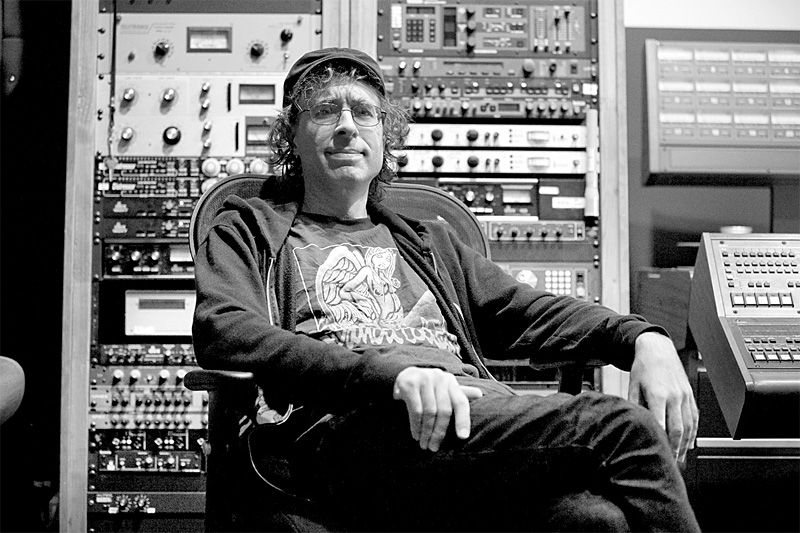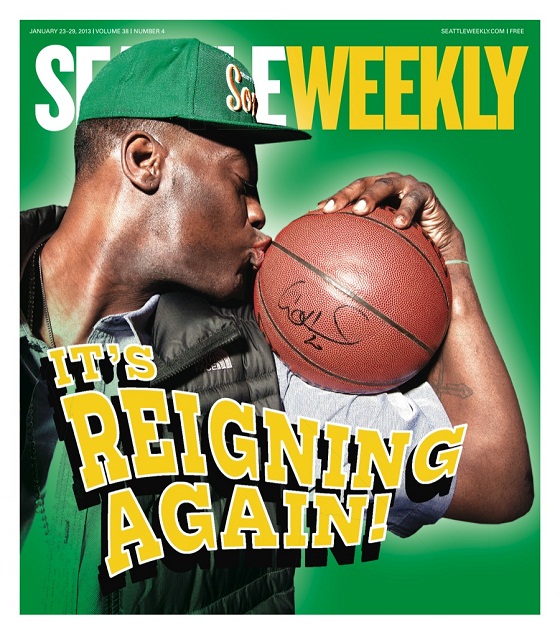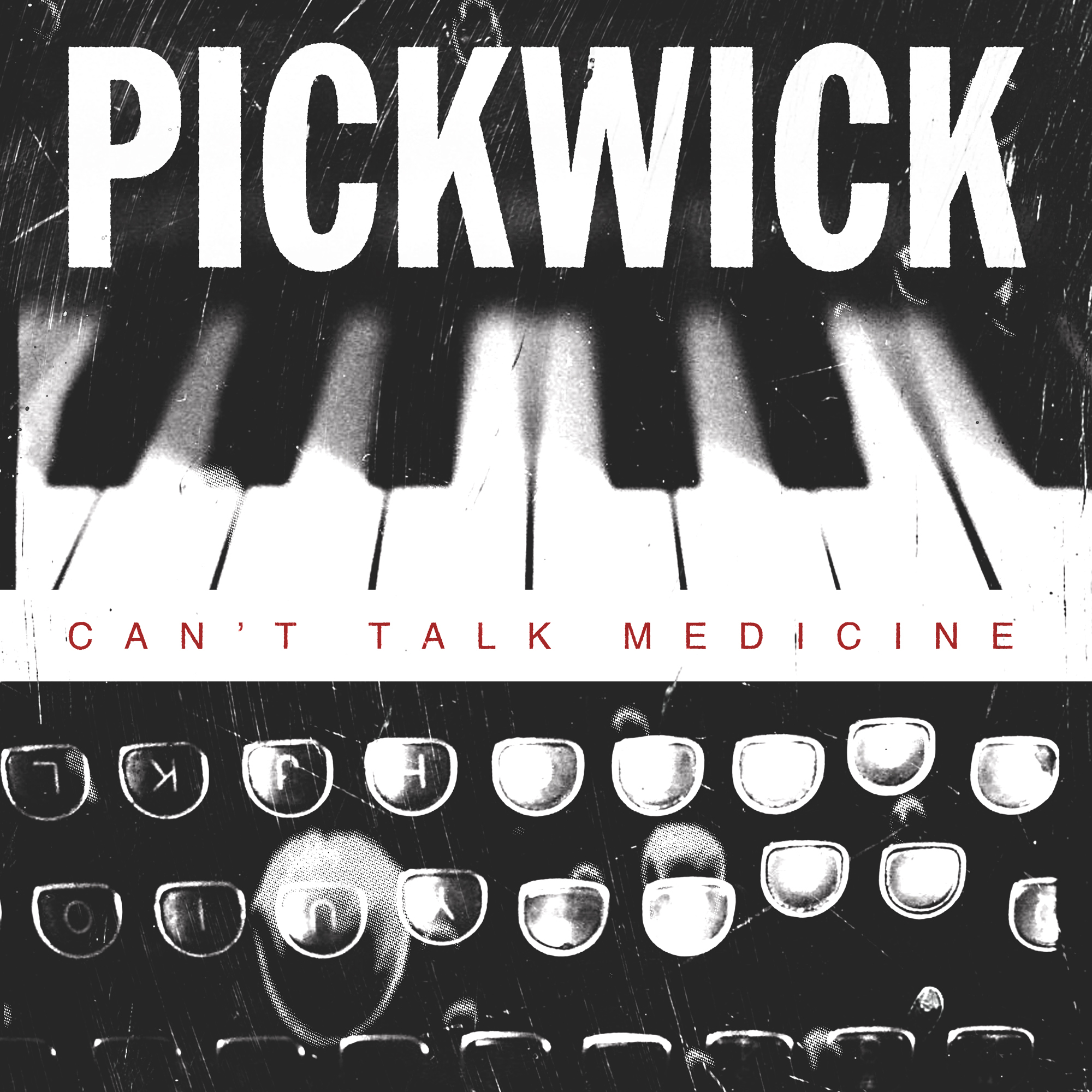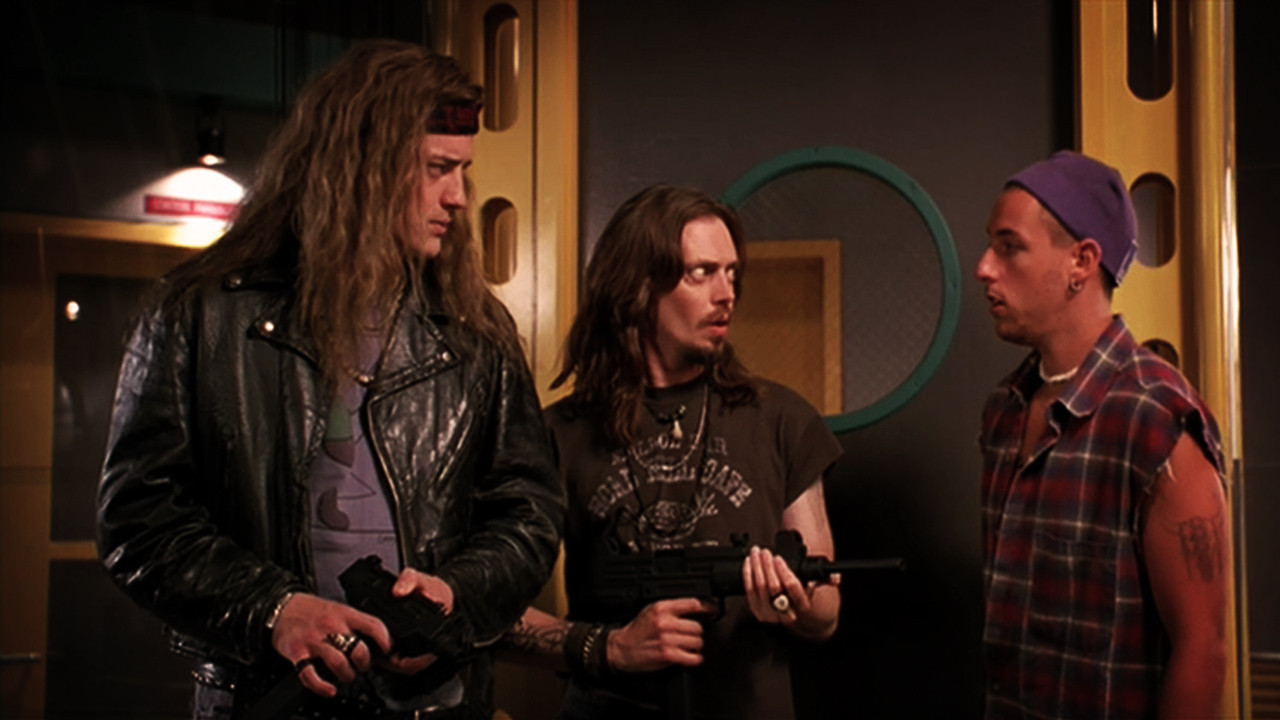Jack Endino had only been making records professionally for 18 months when he got a call from a kid in Aberdeen who wanted to make a demo with his band that didn’t have a name and didn’t have a drummer. What transpired were a pair of sessions that ultimately became Nirvana’s debut. “I was excited,” Endino says. “I was like the first Nirvana fan before they had a name.”
And although the sessions are now looked at through the prism of the Nirvana legend, to Endino, who went on to become the most renowned producer of the grunge era, it really was just another session. “There was no particular drama or any weird stories,” he says. “Nobody was drinking, nobody was stoned, I don’t even remember seeing beer.”
SW: Did Nirvana bring a spark into the studio?
Endino: Yeah, of course. They were hot to go. The first time they came and recorded with me—which was January 23, 1988—they didn’t have a band name, and they just had a borrowed drummer, which was Dale from the Melvins. But, yeah, they came and recorded 10 songs with me in one afternoon. I was left going “God, who are these people?” The cassettes I gave out just said “Kurt Cobain and Company” on them, because that’s all I knew. I couldn’t remember the name of the bass player, and I knew Dale wasn’t actually in the band. And so it was, like, hmmm, this Kurt guy, I wonder who he is. Pretty good tape, maybe Jonathan [Poneman, at Sub Pop] wants to hear it.
Bleach is being reissued with, on the same disc, a 1990 live show in Portland that you’ve prepared for release. Tell me why you thought that show was old Nirvana at their best.
Well, to be honest, I didn’t know this was Nirvana at their best until I mixed it down. I knew the playing was pretty good. I knew it sounded terrible. By the time I was done with it, I was thinking “This is a really good show.” At the end of it, [Cobain] smashes a guitar, and it’s recorded in detail. You actually hear the audience go “Huh!” If you listen carefully, you can hear the exact moment the guitar dies. It’s pretty funny, actually.
So it’s a very typical early-1990 Nirvana show. Probably about as good as they got when Chad Channing was in the band. Chad plays drums extremely well on this. I think people will re-evaluate him. Because of course, you know, with Dave Grohl following after, who’s one of the best drummers in the world, Chad really hasn’t gotten his due. He’s much better than most people realize. Basically it rocks, that’s all I’m saying.
How had the band evolved between the Dale Crover sessions you did and the Chad Channing sessions?
Chad himself approaches things in more of a pop way. And Kurt, likewise, was figuring out that if he was gonna be able to sing, he was gonna have to write some simpler tunes. So the songs that are on Bleach, the arrangements are simpler. The songs are not elaborate constructions, they’re a more simple sort of riff songs with melodies than the demo stuff that I did when Dale was playing with them in January.
The tunes a year later were more straight-ahead rock tunes, which is more what Bleach is about. They’re kind of riff-rock songs with good singing. And Kurt continued that direction with Nevermind. Because Nevermind is kind of the same sort of song structures, but the riffs are even less metallic, they’re even less punky, it’s a little more overtly pop, and yet the guitars are still, like, not turned down. You know, the band didn’t turn down. They never turned down. But, you know, the songs got simpler and more melodic. So that was just a steady progression for Kurt.








